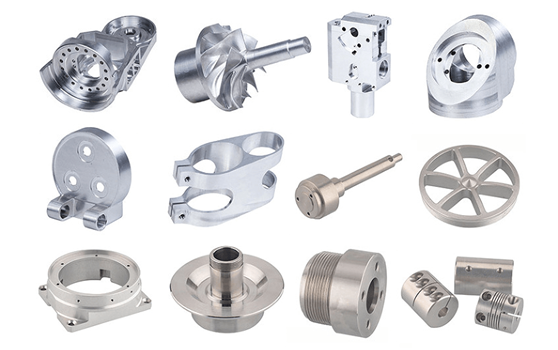
Titanium reducers significantly outperform aluminum reducers in terms of corrosion resistance, making them the preferred choice for applications in harsh environments. While aluminum may be suitable for less demanding situations, the long-term benefits of titanium, including durability and reduced maintenance, make it a wise investment for critical piping systems. As industries continue to prioritize safety and reliability, the trend towards using titanium in corrosive environments is likely to grow, further solidifying its position as a leading material in the field of piping solutions.
View More
The choice between titanium and aluminum threaded bars in aerospace applications ultimately depends on the specific requirements of the project. Titanium offers superior strength, corrosion resistance, and high-temperature performance, making it ideal for critical components. However, its higher cost and machining challenges can be limiting factors. On the other hand, aluminum provides a lightweight, cost-effective solution suitable for many applications, albeit with some compromises in strength and temperature resistance. In summary, both materials have their unique advantages and disadvantages, and the decision should be based on a careful analysis of the specific needs of the aerospace application. Engineers must weigh factors such as cost, performance, and environmental conditions to make informed choices that will enhance the safety and efficiency of aerospace designs.
View More